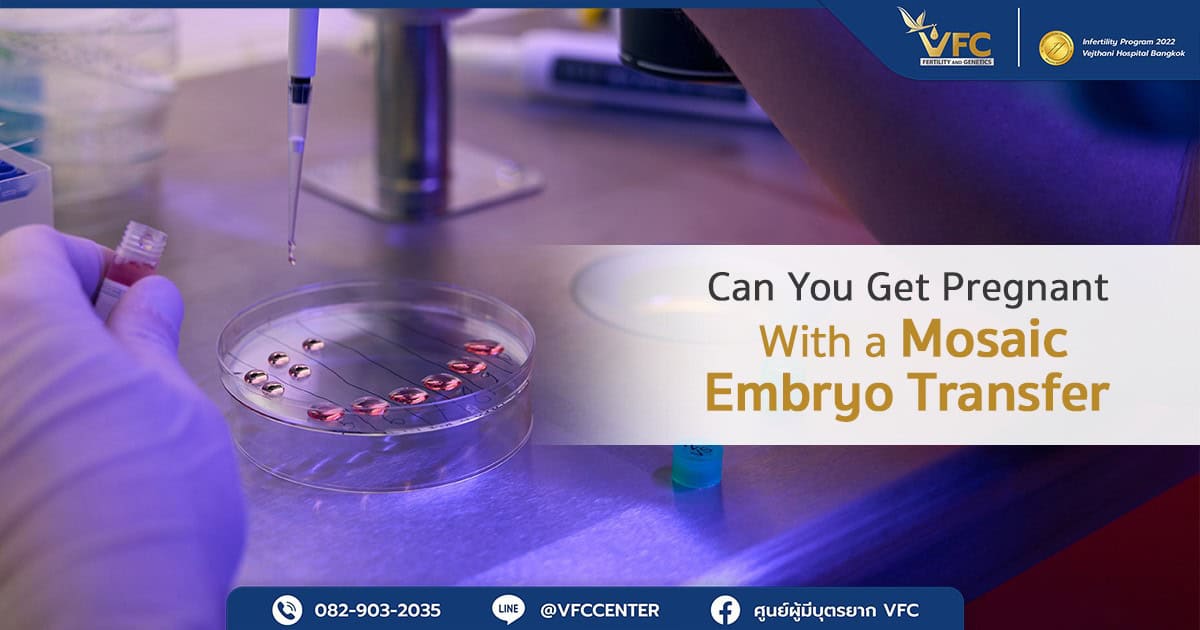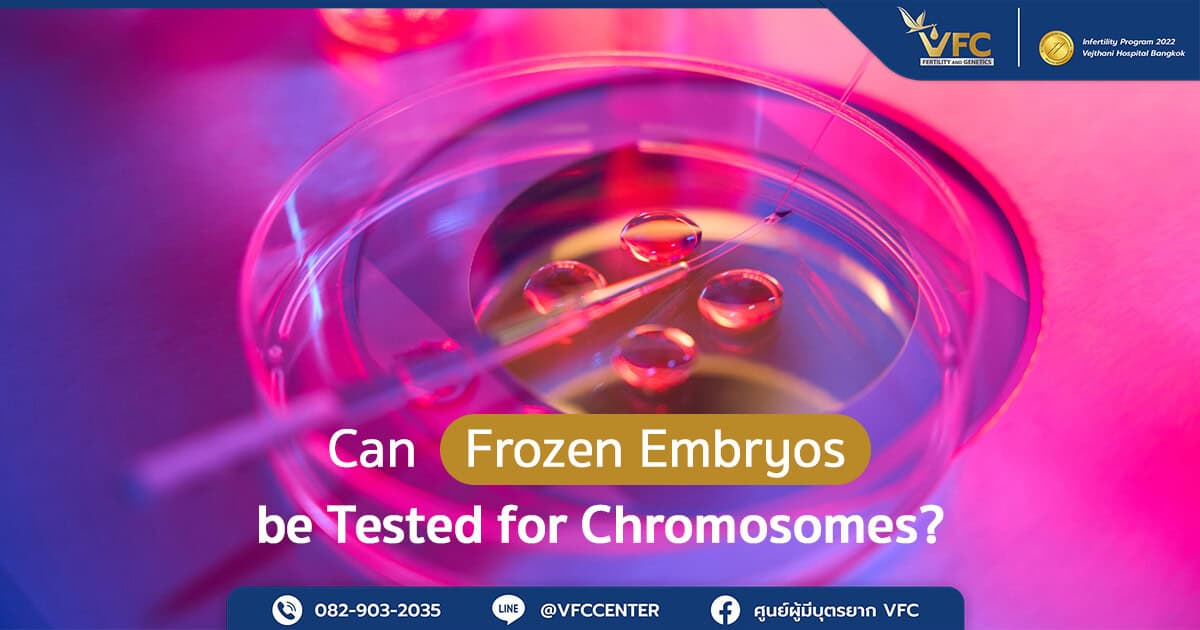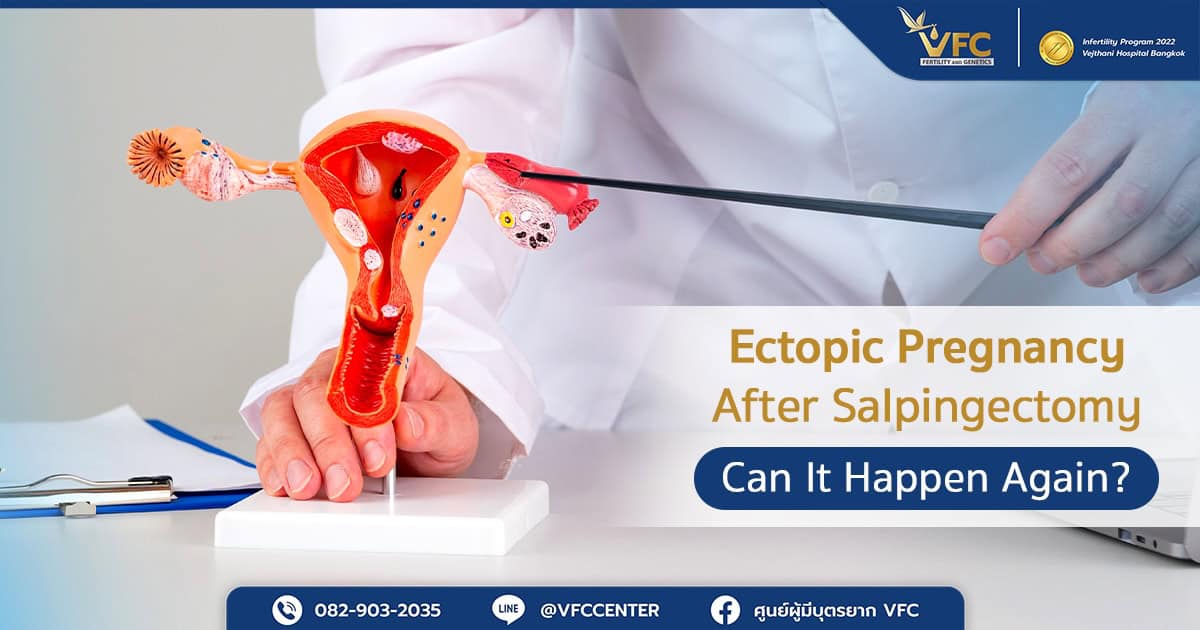Mosaic Embryo Transfer: Risks & Pregnancy Success
Learn the facts about mosaic embryo transfer, including risks, outcomes, and proven ways to improve pregnancy success for infertility patients...
Embryo Transfer Failed? What Your Period Can Tell You
Bleeding after your procedure? Learn about the period after embryo transfer, symptom colors, and definitive signs if an embryo transfer failed....
Post-Egg Retrieval Symptoms and Aftercare Guide
Learn post-egg retrieval symptoms, including abdominal pain after egg retrieval, possible complications, and safe aftercare tips for recovery. ...
Does Bloating During Ovulation Affect Embryo Implantation ?
Does bloating during ovulation affect embryo implantation ? Learn hormonal causes, warning signs, and self-care tips to support pregnancy...
Is it Safe to Do PGT-A Test After Freezing the Embryos?
Is it safe to do chromosome testing (PGT-A) after embryo freezing? Learn about the process and the benefits of genetic screening to plan your family....
Can You Transfer Embryos to a New Clinic? Key Insights
Can you transfer embryos from one clinic to another? Learn the process, requirements, embryo storage options, and key considerations....
5 Causes of Recurrent Ectopic Pregnancy and How to Prevent
Ectopic pregnancy occurs when an embryo implants outside the uterus and may recur depending on fallopian tube health and inflammation....











